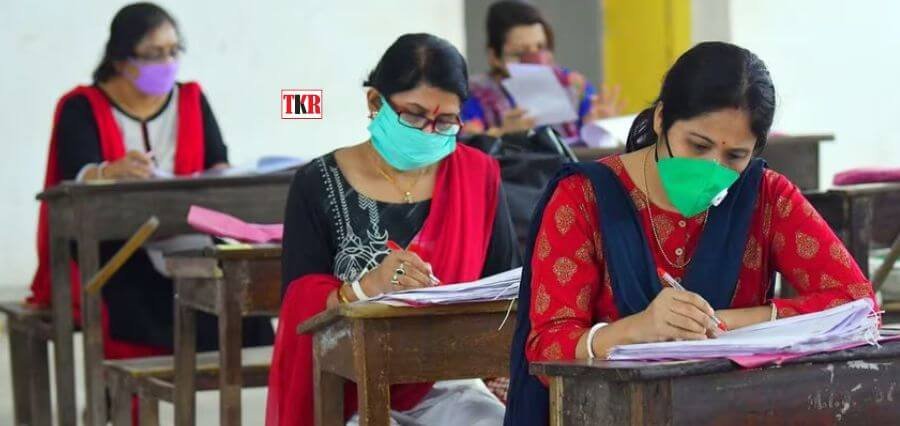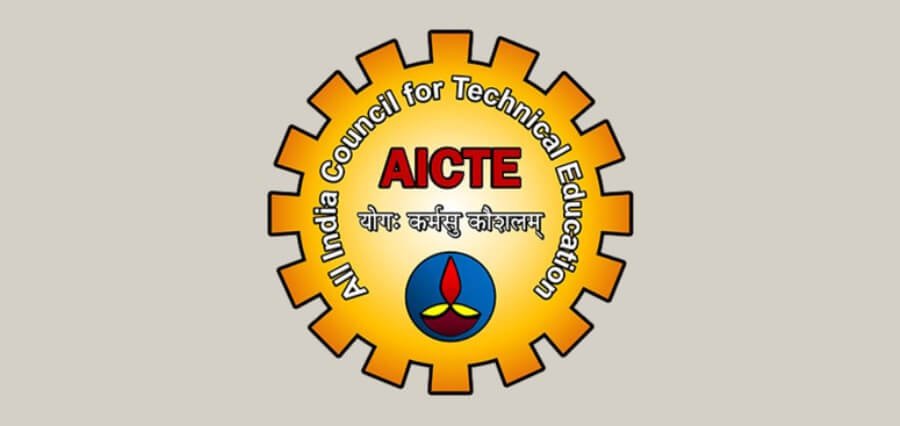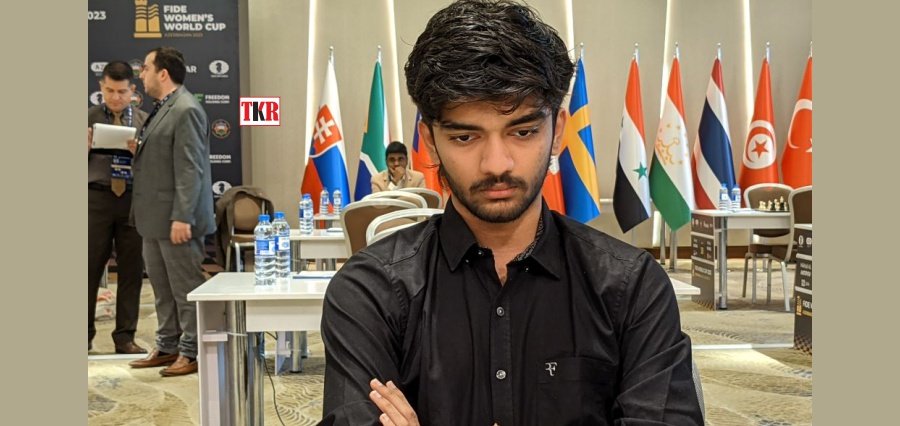Every year, teachers will undergo mandatory training to uphold the standard of higher secondary education. This training will incorporate innovative psychological methods aimed at keeping classrooms current. By equipping all teachers with classroom management skills, the bond between teachers and students will be fortified.
Given the complexity of adolescence, students will be taught to swiftly adapt to social shifts. Moreover, as certain children may experience issues like excessive anxiety, depression, learning challenges, substance abuse, and violence, teachers will receive training to effectively address these concerns.
The implementation of the new school curriculum marks a shift towards vocational education, necessitating modifications in teaching methods. With higher education transitioning to a four-year degree program, the marks obtained in the plus two exams will serve as the criteria for national-level competitive exams such as CUTE.
In preparation for exercising their right to vote a year after completing secondary education, students will be exposed to democratic, secular values, and constitutional principles. Educators will be encouraged to integrate technology, including artificial intelligence, into all facets of teaching, assessment, and classroom management.
Although the higher secondary teacher training program commenced in 2018-19, only 5,300 teachers have received training thus far. Henceforth, participation in this program will be mandatory.
The students in this category are grown up, well aware of different aspects and have higher thinking and understanding abilities. It requires a different type of teaching approach that involves logical thinking, real-life examples, participation and inclusion, empathetic and considerate way. The training has to value-based where the purpose and objectives should be clearly outlined that makes the students focused, aware and confident.





